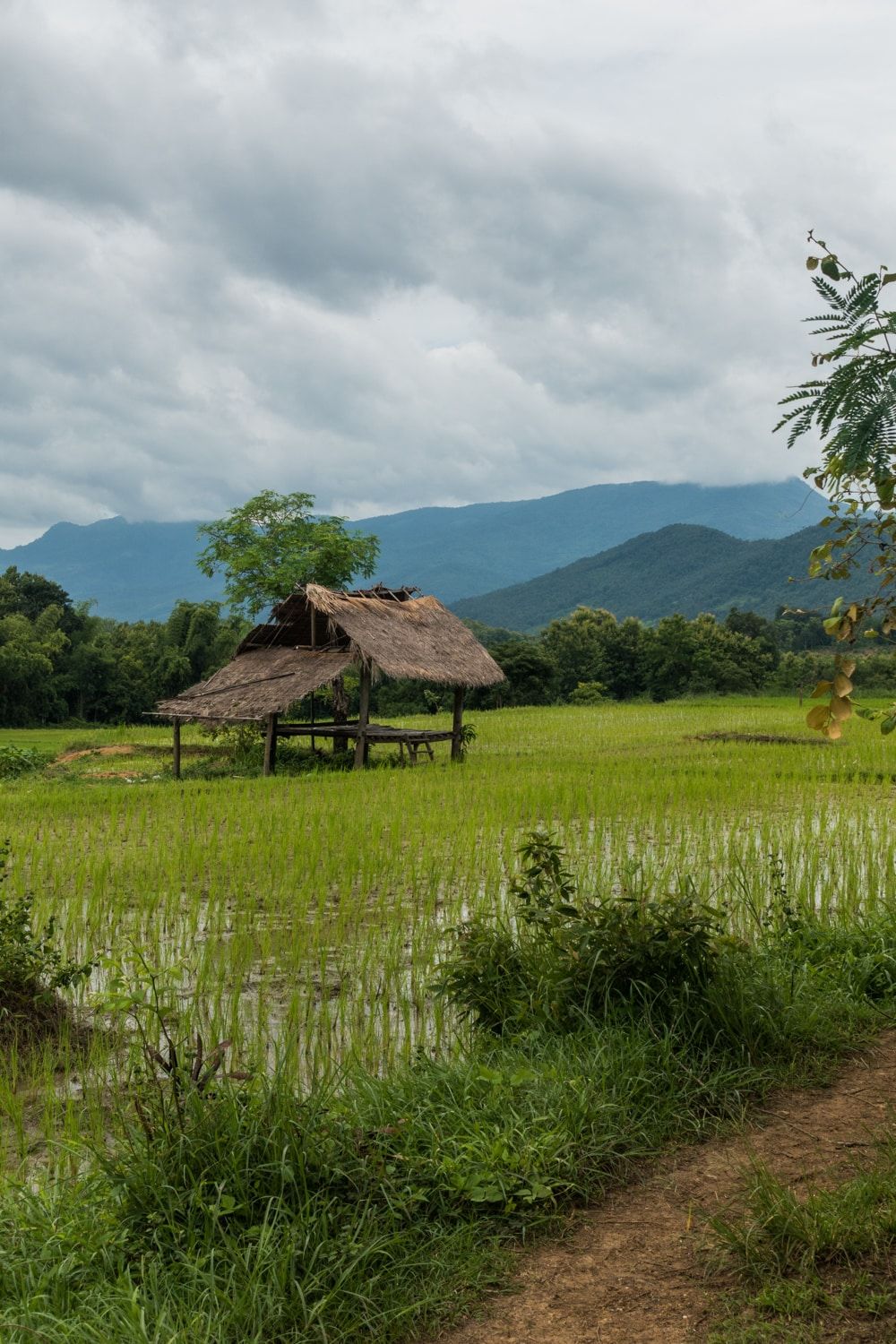
The Coming Cascade: How a Broken World Will Heal Itself Through Areaism
To look at our world today is to feel a sense of overwhelming inertia. We see the escalating crises and feel trapped within a system, Sectoralism, that is driving us toward an abyss. This feeling of hopelessness is a strategic illusion. Radical transformation doesn't occur through a gradual, linear process. It happens like an avalanche: slowly at first, and then all at once.
The Coming Cascade: How a Broken World Will Heal Itself Through Areaism
Institute of Area Management (-IAM-), Iba, Zambales Philip G Camara, Founder September 20, 2025
To look at our world today is to feel a sense of overwhelming inertia. We see the escalating crises and feel trapped within a system, Sectoralism, that is driving us toward an abyss.
The "ideology of the parts" seems too big to fail. Meaningful change feels impossible, a slow, generational grind at best.
This feeling of hopelessness is a strategic illusion. As Greg Satell explains in his seminal book, "Cascades," this is not how great change happens. Radical transformation doesn't occur through a gradual, linear process. It happens like an avalanche: slowly at first, and then all at once. An incumbent system seems invincible right up until the moment a more coherent, life-affirming logic makes it obsolete.
The insights from "Cascades" provide a clear blueprint for how the failing ideology of Sectoralism will give way to the healing ideology of Areaism.
This will not be a war, but a great rebalancing—a peaceful transition where the immense power of our specialized world is finally orchestrated by a wiser conductor. The cascade has already begun.
The First Condition: A Brittle and Illegitimate System
A cascade can only begin when the existing system has become rigid, brittle, and has lost its legitimacy. Sectoralism is the definition of such a system. Its promise of widespread prosperity has resulted in grotesque inequality. Its disregard for the environment as an "externality" has brought our planetary life-support systems to the brink.
From the hollowed-out promises of COP summits to the visible degradation of their own lands, people no longer believe the system works for them. The intellectual and moral legitimacy of Sectoralism has eroded. The ground is fertile for a cascade.
The Cascade Engine: Small Groups, Connected and Awakening
Satell's core insight is that change is born in small, cohesive groups, united by a shared purpose, that become connected into a larger network.
This is the very DNA of Areaism's emergence. In fact, the Philippines is already filled with unrecognized "Areaists." They are the permaculturists diligently regenerating small plots of land. They are the indigenous communities protecting their ancestral domains. They are the environmental defenders who risk their lives to stop illegal logging or a destructive mine.
These groups are often disconnected, each feeling like a lone voice of sanity. Their deep frustration comes from the fact that their life-affirming work is so difficult, so upstream, because the dominant ideology of Sectoralism has fooled us into believing there is no other way to organize society. Its power comes not from its correctness, but from it being an unquestioned default with no named alternative.
That myth is now shattering.
The next step is to connect these disparate groups. By giving their shared ethos a name—Areaism—and a coherent framework, we transform isolated projects into a powerful, self-aware movement. This is the moment they realize their frustration was not with "progress," but with the blind, unconducted, and ultimately self-destructive nature of Sectoralism.
The Keystone Change: The Orchestra Finds Its Conductor
A cascade doesn't truly ignite until a pivotal event occurs—what Satell calls a "keystone change." This is a victory that shatters the myth of the incumbent's invincibility and provides a tangible, inspiring model of the new way.
For Areaism, the keystone change will not be a global treaty signed at a COP. It will be the unambiguous, holistic success of a single, fully-functional Biodistrict that demonstrates how to conduct the sectoral orchestra.
Imagine the story: "In Central Zambales, a coalition of environmentalists, using the principles of Areaism as a conductor, has harmonized the energies of finance, technology, and logistics to achieve food security, restore their primary river system, reverse deforestation, and create sustainable prosperity for its domiciled households thru establising the Community Agency Support Organization or CASO".
This single, demonstrable success story would be the keystone that falls. It would break the spell of "There Is No Alternative." It would provide a proven, replicable model for harnessing the immense power of our modern world for a healing purpose.
The Cascade Unleashed: When the Healing Becomes Unstoppable
Once this keystone success is widely known, the cascade will accelerate with breathtaking speed. The change will be a peaceful, bottom-up pull. Other communities will not need to be persuaded; they will demand the right to manage their own Areas and conduct their own local economies in the same synergistic way.
The brittle structures of Sectoralism will not be violently overthrown; they will be gracefully re-oriented. A national government trying to impose a destructive mining project will face a community that can present a more compelling, more profitable, and more stable economic model.
The old system's arguments, based on abstract GDP growth, will seem ridiculous when confronted with the reality of a thriving, integrated Area.
The ideology of "the parts" will cede its dominance to the undeniable success of the ideology of "the whole." The healing will spread from Biodistrict to Biodistrict, not as a command, but as an inspiration.
The world does not need to destroy the powerful tools it has created. It needs a better conductor for the orchestra. The insights from "Cascades" show us that the power to enact this change lies with the millions of unrecognized Areaists already at work.
By connecting them with a shared identity, we reveal that Sectoralism's dominance was a myth. The healing ideology of Areaism is not a distant dream; it is the inevitable cascade that begins the moment we turn from the noise of the old system to the beautiful, coherent music of the future.
About Philip G Camara
Philip Camara is the founder of the Institute of Area Management and a leading advocate for sustainable community development through the principles of Areaism. His work focuses on transforming how communities organize themselves for collective well-being and ecological resilience.


